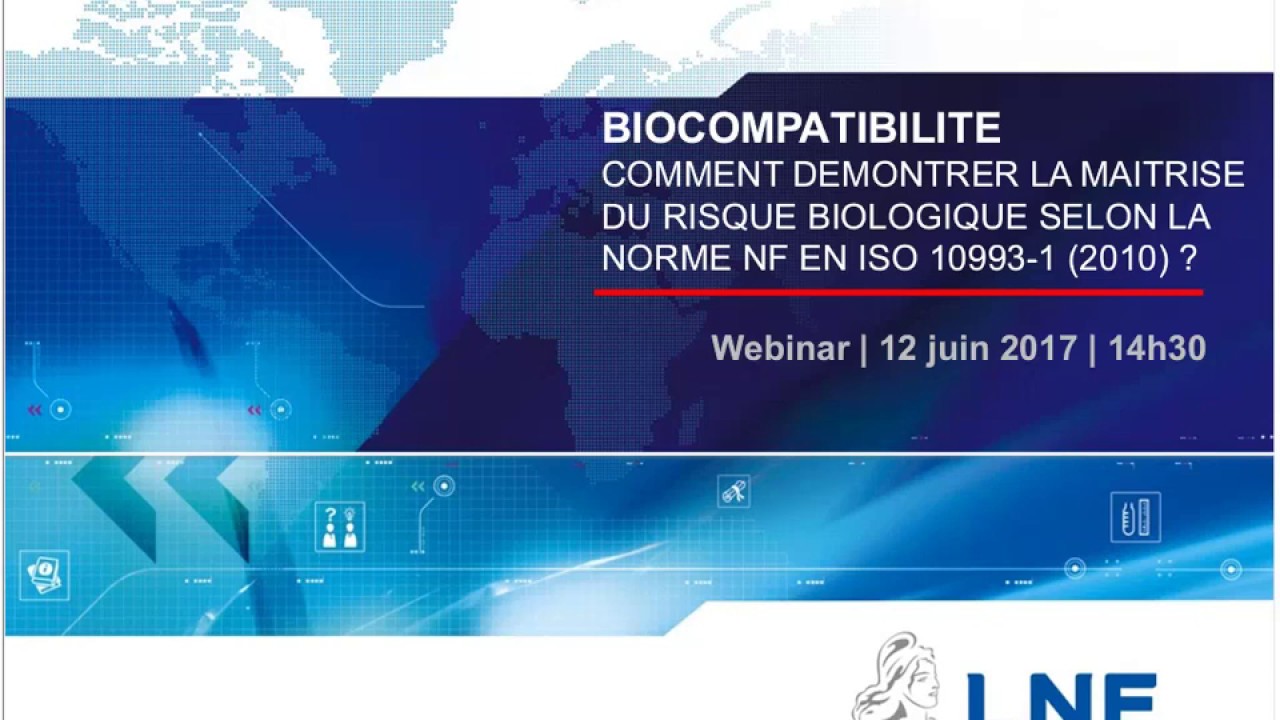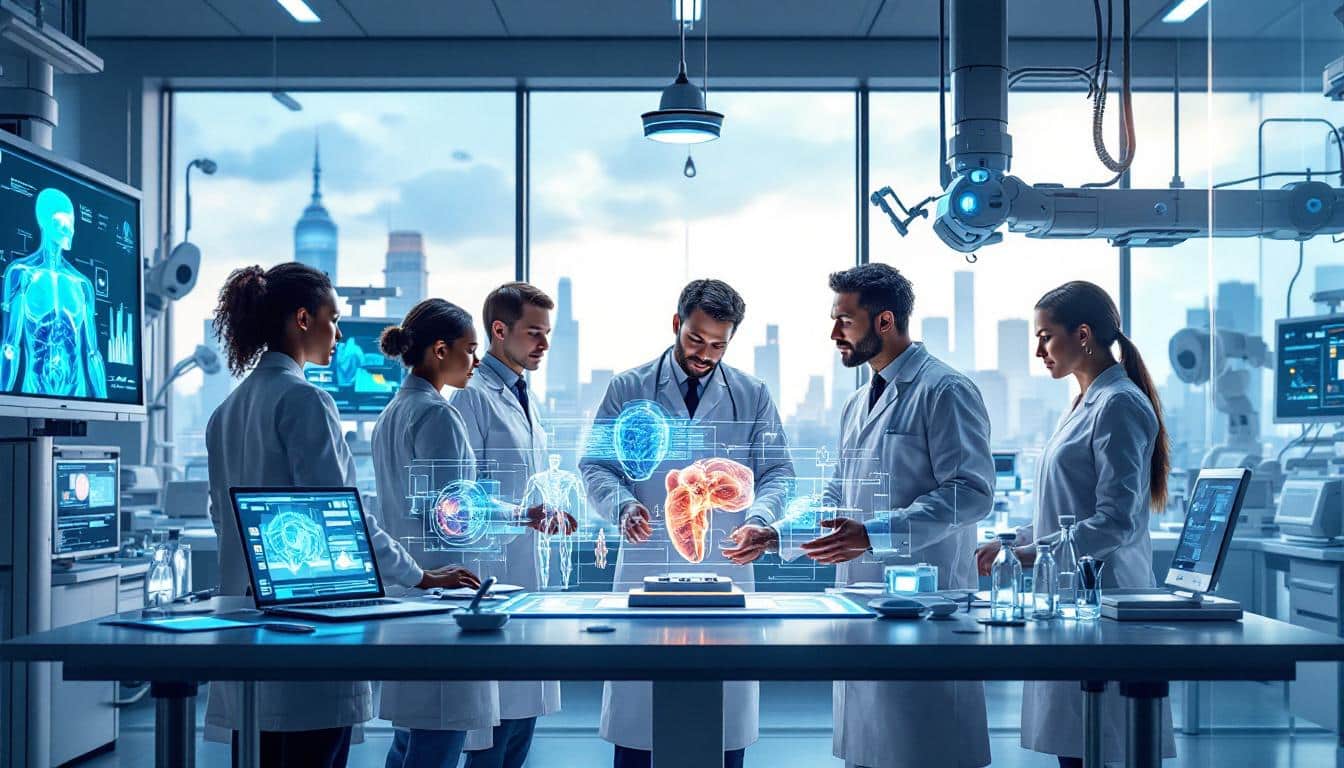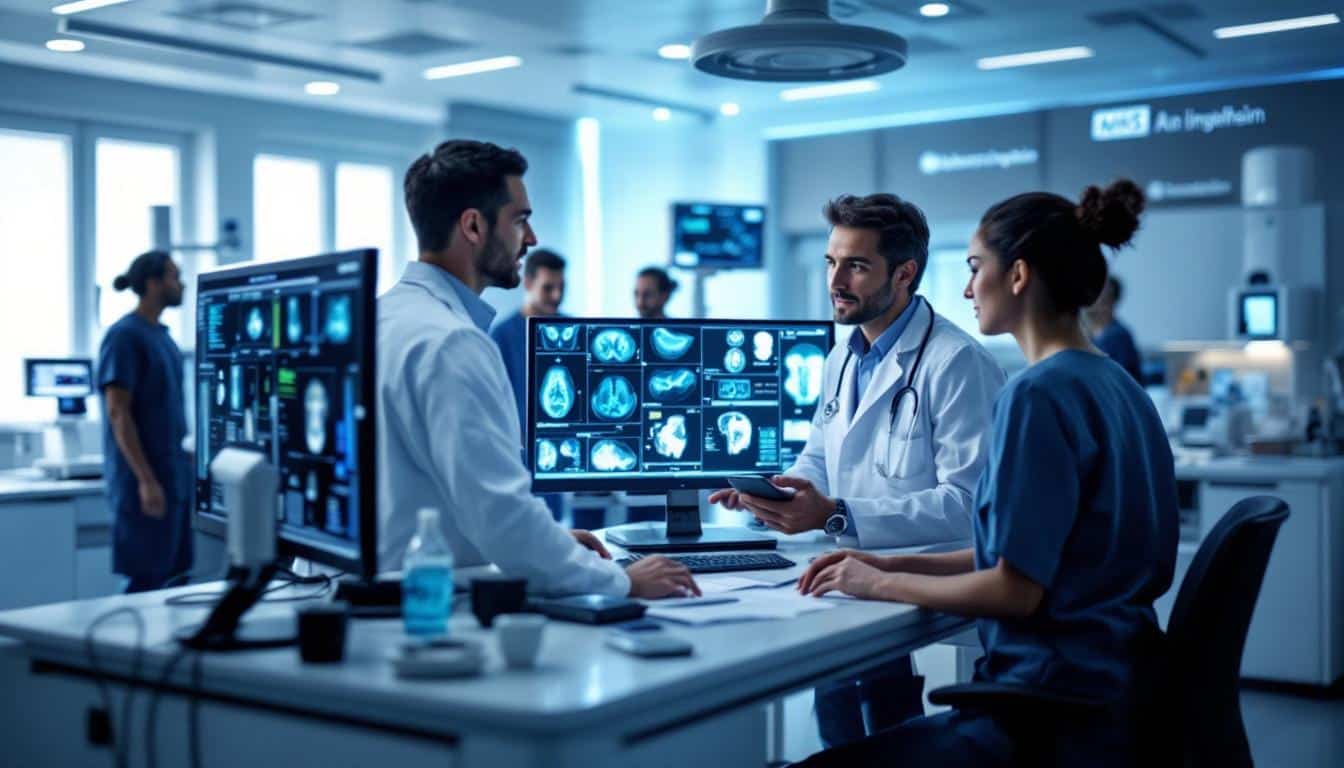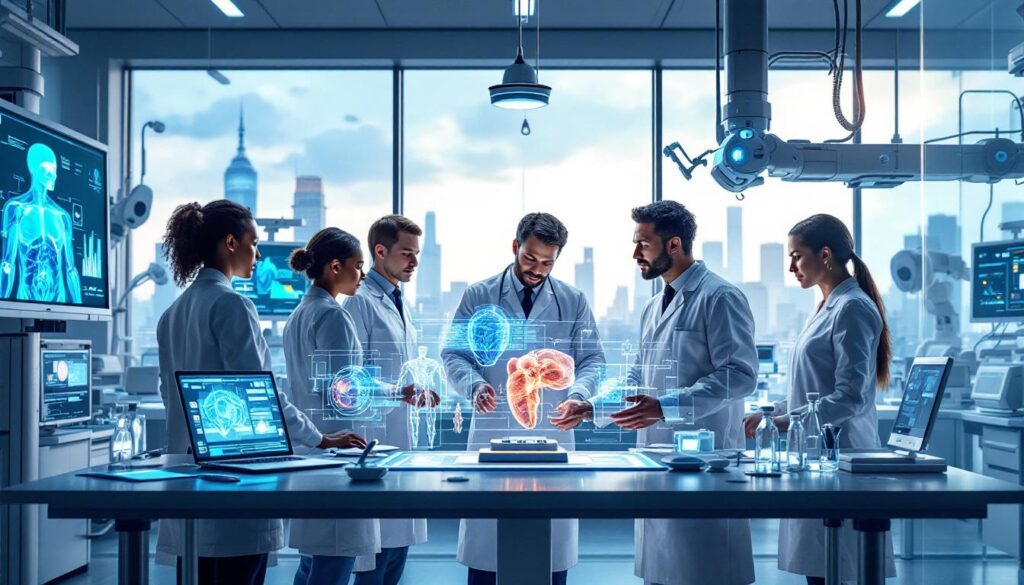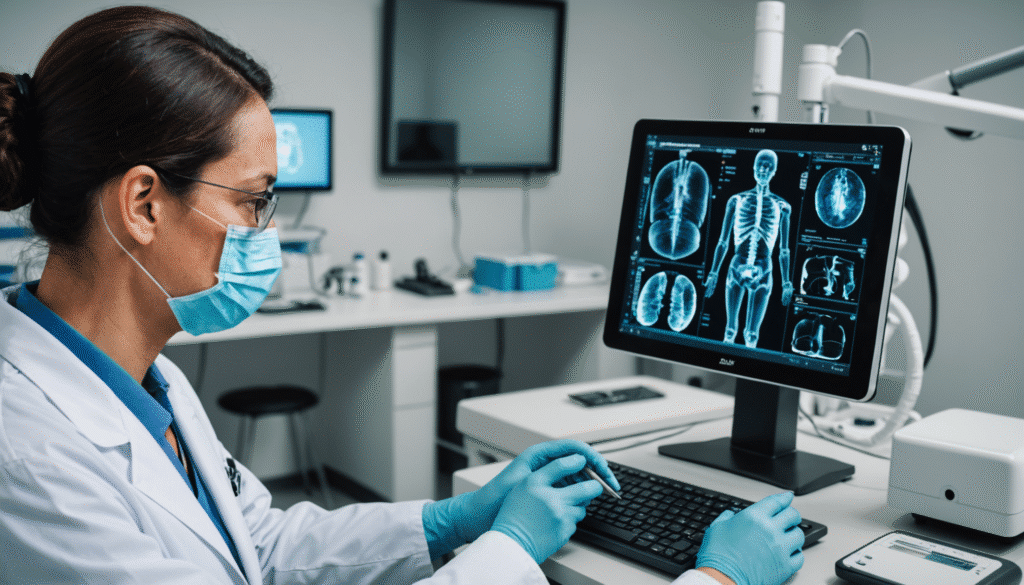|
IN BRIEF
|
Recently, the FDA unveiled a draft guideline which aims to structure the biocompatibility tests medical devices. This initiative is of paramount importance because it contributes to the safety and reliability of products intended to come into contact with the human body. This project aims to establish clear and precise standards that will guide manufacturers so that they can ensure that their devices meet biocompatibility requirements before being placed on the market.
Biocompatibility: a crucial issue
In the field of medical devices, the biocompatibility is essential. It refers to the ability of a product to interact safely with the human body without causing an unwanted response. Medical devices, whether implantable or not, must undergo rigorous evaluation to ensure that they do not cause toxicity, inflammation or other adverse effects. Biocompatibility tests make it possible to establish this necessary safety before any clinical use.
The FDA regulatory framework
There FDA, as a regulatory agency, has the mission of protecting public health by ensuring that health products, including medical devices, meet strict standards of safety and effectiveness. This draft guideline is part of a proactive approach to harmonize expectations in terms of biocompatibility with international standards, in particular those established by theISO.
Changes proposed in the draft guideline
The FDA proposed several changes in its draft guidance. These include the need for a thorough assessment of the biological risks associated with each type of device. Manufacturers will be required to provide complete data on the tests carried out, while ensuring compliance with the new recommendations. These changes aim to strengthen the confidence of healthcare professionals and patients in medical devices.
A risk-based approach
One of the main axes of this draft guideline is the adoption of a risk-based approach. This means that testing requirements will vary depending on the type of device, its intended use, and its contact with human tissue. For example, devices with prolonged contact with blood or sensitive tissues will require more rigorous evaluations than those with limited contact.
The ISO 10993 standard and its integration by the FDA
The international standard ISO 10993 is a fundamental framework that guides biological evaluations of medical devices. The FDA relies on this standard to strengthen the assessment of biocompatibility. Manufacturers must ensure that their products comply with the requirements of this standard while specifically meeting FDA expectations. This includes performing tests such as assessing cytotoxicity, inflammation, allergy and genotoxicity.
Accredited testing laboratories
To ensure quality assessments, the FDA recommends the use of accredited testing laboratories. These organizations have the skills and resources necessary to carry out tests that comply with biocompatibility standards. It is crucial for companies to select recognized laboratories in order to avoid errors and comply with required safety standards.
Potential impacts on the industry
The release of this project could have significant repercussions on the medical device industry. On the one hand, this could lead to increased costs for companies, which will have to carry out additional tests in order to comply with the new requirements. On the other hand, improved safety standards could also strengthen the confidence of patients and healthcare professionals in new products on the market.
Adaptation of development processes
With the introduction of the new guidelines, medical device companies will need to adapt their development processes. This could include reviewing languages used in marketing applications, as well as incorporating biocompatibility assessments into design stages earlier. Planning ahead will save businesses time and money in the long run.
The role of health professionals
THE healthcare professionals will also play a key role in the safety assessment of medical devices. They must be informed of biocompatibility requirements and the potential impacts on their patients. Through good circulation of information, they will be better equipped to evaluate and recommend suitable measures.
The path to international acceptance
By harmonizing its guidelines with international standards, the FDA contributes to a global regulatory framework that facilitates the acceptance of medical devices globally. This approach celebrates increased cooperation between regulatory agencies, manufacturers and healthcare professionals. The goal is simple: to ensure the safety and effectiveness of medical devices everywhere.
Uncertainties and challenges
However, this project also raises uncertainties and challenges for the industry. Companies will need to navigate an ever-changing regulatory landscape, which could lead to increased complexity in the development and commercialization of new devices. It is essential that companies engage with the FDA and other agencies to clearly understand the new requirements.
The FDA, by publishing this draft guideline, hopes to establish clear standards and solidify trust in medical devices. Through rigorous biocompatibility assessments, the aim is to ensure maximum safety for patients, while supporting innovation in the medical sector. This project represents a step forward for better protection of human health.
There FDA recently published a draft guideline regarding the biocompatibility tests of the medical devices. This guide aims to provide manufacturers with clear advice for the preparation of Premarket Applications (PMAs) and Humanitarian Device Exceptions (HDEs). Emphasis is placed on the importance of biocompatibility to ensure the security devices, recommending the use of accredited testing laboratories ASCA to carry out these assessments. Indeed, biological evaluations are essential to verify that each category of medical device meets the standards established by theISO 10993, thus guaranteeing their suitability for contact with the human body.

